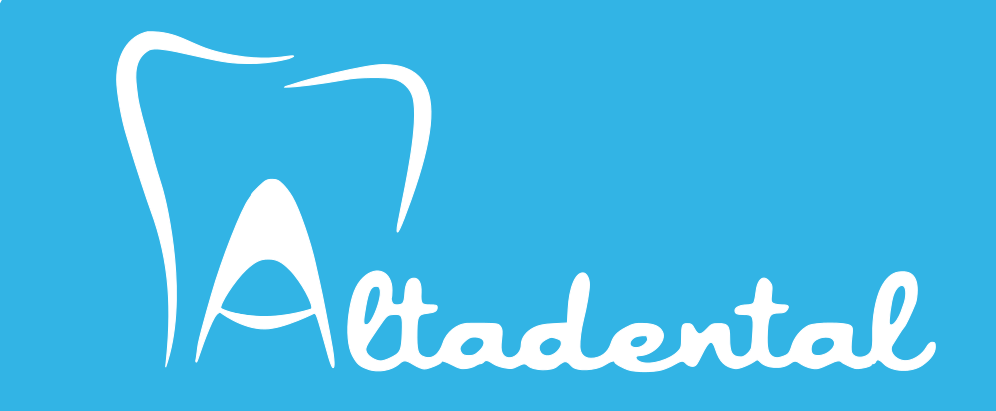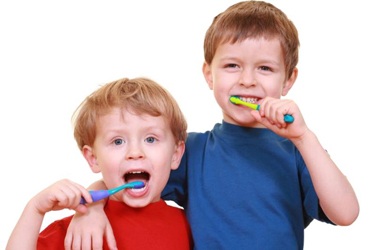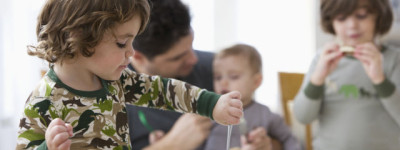Does Your Newborn Have Teeth?
We don't usually think of a newborn as having teeth. However, at birth the crowns of the 20 "baby" or primary teeth are almost completely formed, and they are hidden from view in an infant’s jawbones.The four front teeth—two upper and two lower—usually erupt first, beginning as early as six months after birth. Most children have a full set of primary teeth by the time they are 3 years old. The child's jaws continue to grow, making room for the permanent (adult) teeth that will begin to erupt at about age 6 years.Primary teeth may be temporary, but they deserve good care. A child needs strong, healthy primary teeth not only to chew food easily, but to pronounce words properly.This first set of teeth also holds a place in the jaw for the permanent teeth, which move into place as the primary teeth are shed. Primary teeth should be kept clean and healthy so that a child can remain free of cavities and oral pain. Infection from decayed primary teeth can damage the permanent teeth developing under them.
Parents and other caregivers may not realize that primary teeth are susceptible to decay as soon as they appear in the mouth. Tooth decay in infants and toddlers sometimes is called early childhood caries, baby bottle tooth decay or nursing mouth syndrome. It occurs when a child's teeth are exposed frequently to sugary liquids for long periods and can destroy teeth.You can help reduce the risk of tooth decay. Never allow your infant or toddler to fall asleep with a bottle containing milk, formula, fruit juices or sweetened liquid. Don't dip a pacifier in sugar or honey. If your infant or toddler needs a comforter between regular feedings or at bedtime, give the child a clean pacifier recommended by your dentist or pediatrician.Wipe your child's gums with a wet washcloth or a clean gauze pad after each feeding. Begin brushing your child's teeth with a little water as soon as the first tooth appears. Supervise toothbrushing to make sure that children older than 2 years use only a pea-sized amount of fluoride toothpaste and avoid swallowing it. Children should be taught to spit out remaining toothpaste and rinse with water after brushing.Please contact the ADA if you have questions about this article.© 2016 American Dental Association. All rights reserved. Reproduction or republication is strictly prohibited without the prior written permission from the American Dental Association.
Source: Does your newborn have teeth?
Link Source: http://www.colgate.com/en/us/oc/oral-health/life-stages/infant-oral-care/article/ada-10-newborn-teeth












